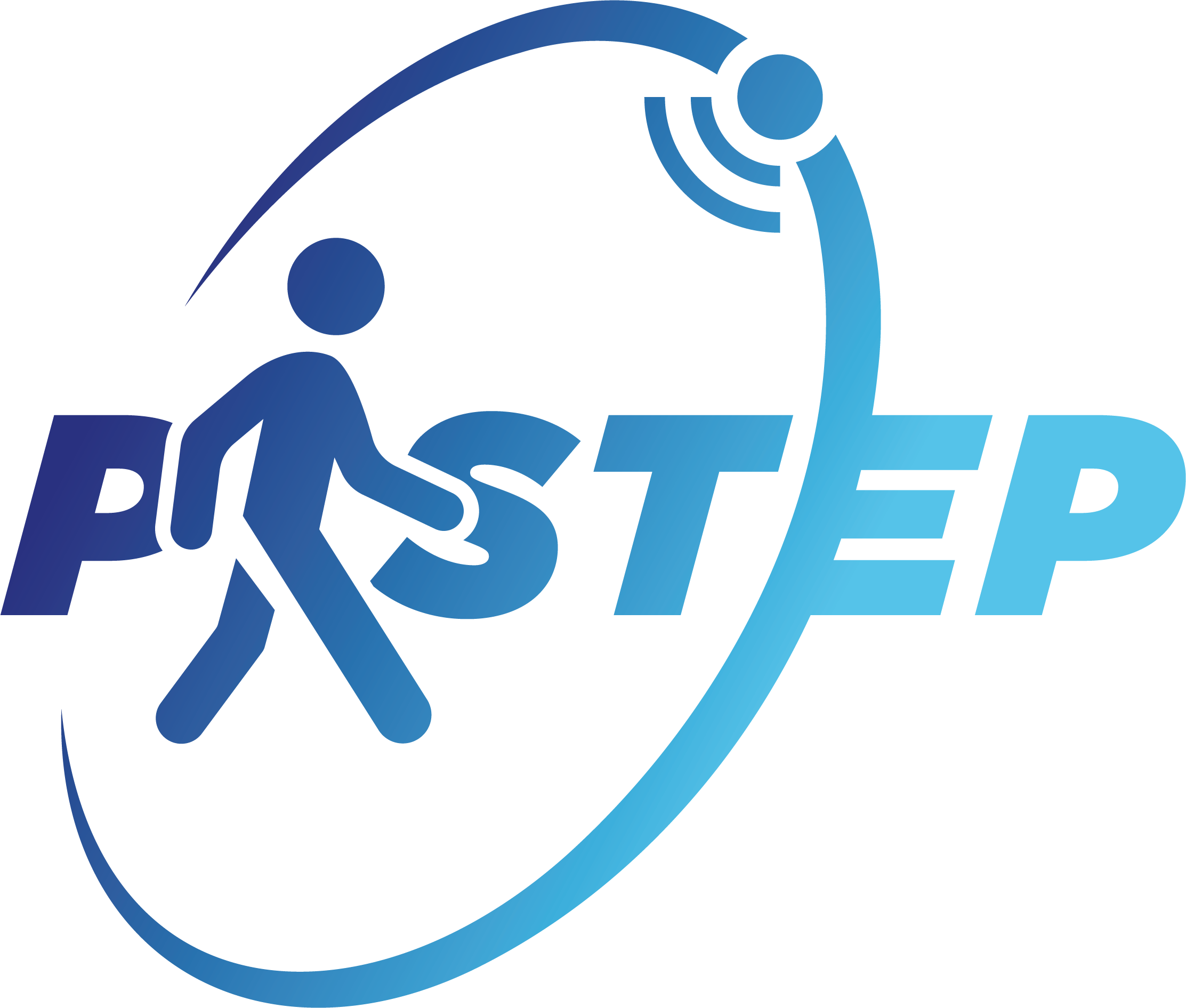Research Projects

Informatics lead of Personalised Space Technology Exercise Platform (P-STEP)
P-STEP is an eHealth service platform to deliver and monitor personalised exercise advice to patients living with long term health conditions. The platform provides warnings and guidance based on environmental conditions and location (derived from GNSS and EO sources) to modify the recommended exercises and reduce risk, and through artificial intelligence (AI) and optimally designed user interfaces, promote adherence to the advice. The aim is to facilitate physical activity behaviour change by creating a platform that combines personalised disease-specific exercise advice and self-monitoring with real time environmental data. P-STEP shall be delivered to the end user (patient) in the form a smartphone application, and provide practical advice, support and feedback to encourage self-management and self-reflection. There is a web interface for healthcare professionals to prescribe and monitor the exercise advice and track progress. The initial primary focus shall be on long term respiratory and cardiac conditions, both of which have been identified as clinical priorities in the National Health System (NHS) 10 year plan.

PI of An AI-powered DSML for Data Discovery for Rare Diseases
In this project, we pursue the design of a domain-specific modelling language (DSML) and the development of a proof-of-concept no-code development platform that will empower rare disease medical researchers by means of MDE productivity tools and AI-enabled optimization techniques. With the application of MDE technology in this setting, we expect to achieve quick adaption of the implementation of query interfaces to new user requirements, and the exploitation of AI techniques for query optimization.

Founding member of MDENet: The expert network for Model-Driven Engineering
The EPSRC network MDENet brings together research and practice in Model-Driven Engineering (MDE) in the UK and internationally. We will do this by:
- generating new, high impact research collaborations and projects driven by the software industry or by stakeholders from other subject areas that could benefit from MDE (e.g., artificial intelligence, computational biology);
- producing and curating comprehensive MDE training material and delivering it through a range of training activities; and
- increasing awareness, and thus impact, of MDE research and technology in the software industry.